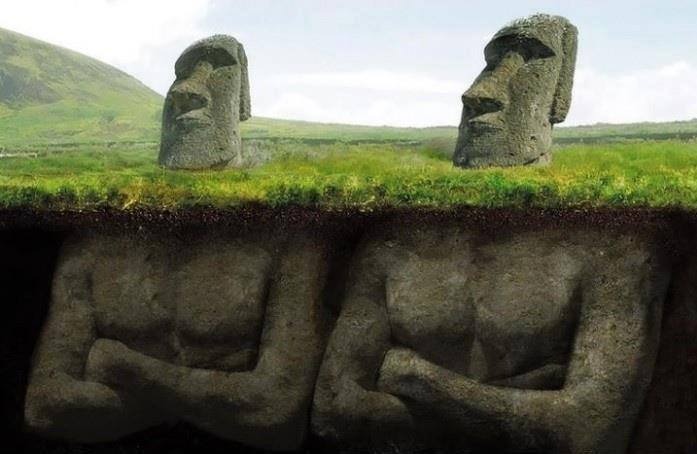Posted: Maggio 10th, 2014 | Author: agaragar | Filed under: 99%, au-delà, BCE, bio, comune, comunismo, crisi sistemica, critica dell'economia politica, epistemes & società, Global, postcapitalismo cognitivo, postoperaismo | Commenti disabilitati su Finanza globale ed Europa
intervista di Andrea Fumagalli e Stefano Lucarelli a Christian Marazzi

Parte I
Parte II
Posted: Maggio 5th, 2014 | Author: agaragar | Filed under: comunismo, crisi sistemica, critica dell'economia politica, postoperaismo, riots | Commenti disabilitati su Verso una storia della critica del valore
di Anselm Jappe

Nel 1991, cadde il Muro di Berlino e l’Unione Sovietica era sul punto di esalare l’ultimo respiro. L’euforia della vittoria si spandeva fra coloro che erano sempre stati, o almeno da qualche tempo, convinti che il libero mercato e la democrazia occidentale fosse l’ultima parola nella storia. Fra la sinistra radicale, inclusi coloro che non avevano mai nutrito alcuna illusione circa “il socialismo attualmente esistente”, c’era molta costernazione. Era davvero impossibile superare il capitalismo? Era necessario limitarsi d’ora in poi a fare solo occasionali modeste riforme? In tale contesto, la comparsa di un libro scritto in tedesco, intitolato “Il crollo della modernizzazione: dalla caduta del socialismo da caserma alla crisi economica mondiale” (Kurz 1991) poteva non sembrare bizzarro. Non di meno, questo libro, pubblicato da una grande casa editrice, ebbe un sostanziale impatto su una recentemente “riunita” Germania.
[–>]
Posted: Maggio 4th, 2014 | Author: agaragar | Filed under: anthropos, au-delà, bio, Deleuze, epistemes & società, Foucault, post-filosofia, posthumanism | 25 Comments »
by Marco Altamirano

The distinction between nature and artifice has been definitive for Western conceptions of the role of humans within their natural environment. But in order to distinguish between nature and artifice, the human must be separated from nature. This separation, in turn, facilitates a classification of knowledge in general, typically cast in terms of a hierarchy of sciences that ascends from the natural sciences to the social (or human) sciences. However, this hierarchy considers nature as a substantial foundation upon which artifice operates and to which it responds. Here I examine three inter-related concepts that, by focusing on events rather than substances, operate beyond the nature–artifice distinction and thereby resist the hierarchical classification of the sciences: Foucault’s concept of technology, the concept of milieu as it crosses over historically from physics to biology and anthropology, and Deleuze and Guattari’s reconfiguration of the concept of milieu in terms of their concept of machine.
[–>]



